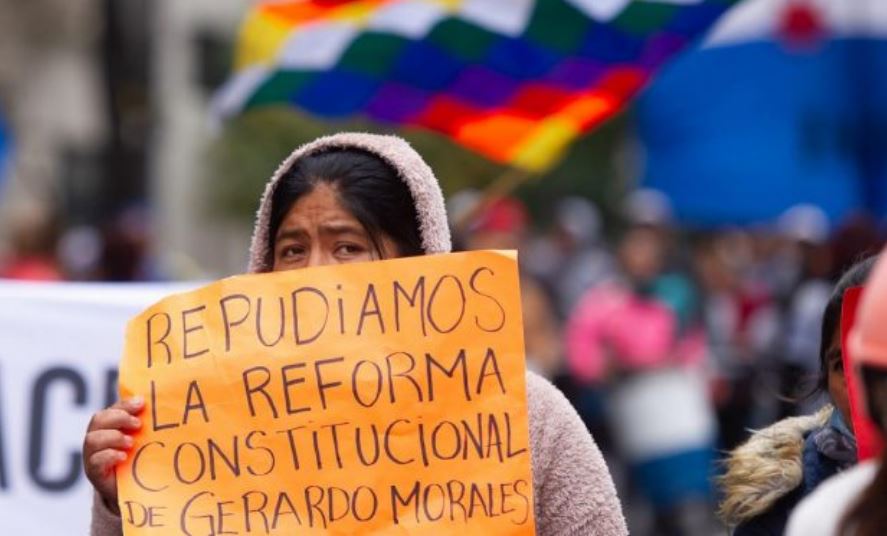This International Day of Rural women, Habitat International Coalition, led by its cross-regional working group on Feminist Approaches, is calling to raise the voices of rural women and building alliances to recognize, protect and realize their human right to land!
Rural Women, Habitat Rights and the Human Right to Land
As it is widely documented and denounced by feminists around the world, disparities and direct and indirect discrimination pose a concrete barrier for the enjoyment of rights of women:
When looking at women’s enjoyment of habitat related human rights, one aspect that is of central importance is their access, management and control over land. Globally, less than 15% of the world’s landholders are women (FAO, 2018). This varies widely regionally: 5 percent in Middle East and North Africa to 18 percent in Latin America and the Caribbean (FAO, 2018). Over large portions of the world women are systematically denied access and rights to land through economic, legislative, social and cultural barriers. This disparity directly affects women’s income security, decision-making power and autonomy.

This scenario is particularly worry-some for women living in rural areas, in which land represents not only a place to live, but also an important source of subsistence. Fewer than 15 percent of agricultural landholders around the world are women and 85 percent are men (FAO, 2018), with rural women facing significant barriers in accessing land and the incentives necessary to develop agricultural activity. Moreover, it is vital to recognize how women also play a key role in community organizing and care. When women are disposed and discriminated against in their enjoyment of the human right to land, the whole community is affected. These issues are heightened by the large gender gap that remains in women’s access to decision-making and leadership.
As evidenced by HIC’s ongoing campaign for Urban October, the recognition, protection and fulfillment of the Human Right to land is central for the enjoyment of a diverse set of basic rights and for reducing inequalities around the world. It is projected that giving women the same opportunities as men could rise agricultural production by 2.5 to 4 per cent in the poorest regions and the number of malnourished people could be reduced by 12 to 17 percent. (FAO, 2011).
In this regard, and particularly where women are concerned, recognizing land as a human right is not just about securing property rights, but protecting tenure security and democratic management and control over land, through diverse tenure systems that go beyond individual private property. As highlighted in the campaign, communities around the world are already organized in diverse manners to protect and fulfill their right to land. Following this lead, this International Rural Women Day HIC wants to shed light and share stories of rural women across the world acting to protect their human right to land.
Rural women and the human right to land – their leadership and struggles
The Third Malón de la Paz, Argentina
The Community of San Salvador Atenco, Mexico
Yemen - advocating to protect women
Zimbabwe, land reform
Following the lead of these experiences, we call for concrete action to recognize, protect and fulfill rural women’s human right to land. We also build upon international recognition on this ground, including:

General Comment 26 on the right to land, Committee on Economic, Social and Cultural Rights

General Recommendation No. 34 on the rights of rural women, UN. Committee on the Elimination of Discrimination against Women (CEDAW)

General recommendation No.37, gender-related dimensions of disaster risk reduction in a changing climate, CEDAW
Raising voices and building alliances!
Building from that, we highlight four main points to advance on guaranteeing rural women’s access, management and democratic control over land:
1. Ensuring mechanisms to protect women’s tenure security, particularly in contents of violence and conflict;
2. Legal recognition and promotion of diverse tenure arrangements, particular collective ownership, support community alliances and organization led by women;
3. Gender sensitive land policy and legislation, including also initiatives of awareness-raising and capacity-building;
4. Democratization of representation and decision-making
Join us in raising our voices around the recognition, protection and fulfillment of rural women’s right to land! We are looking forward to hearing from you on others inspiring stories of rural women around the world






